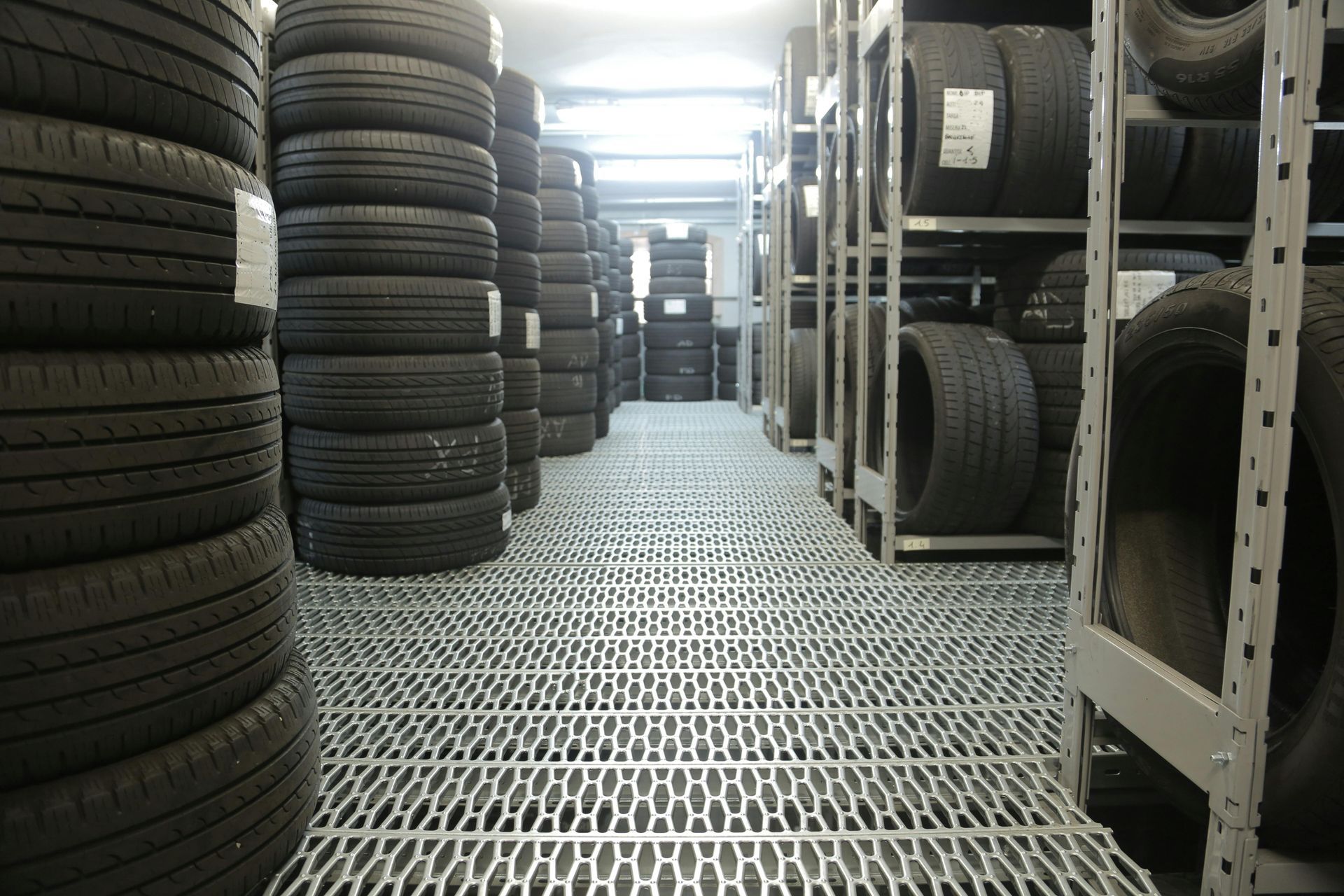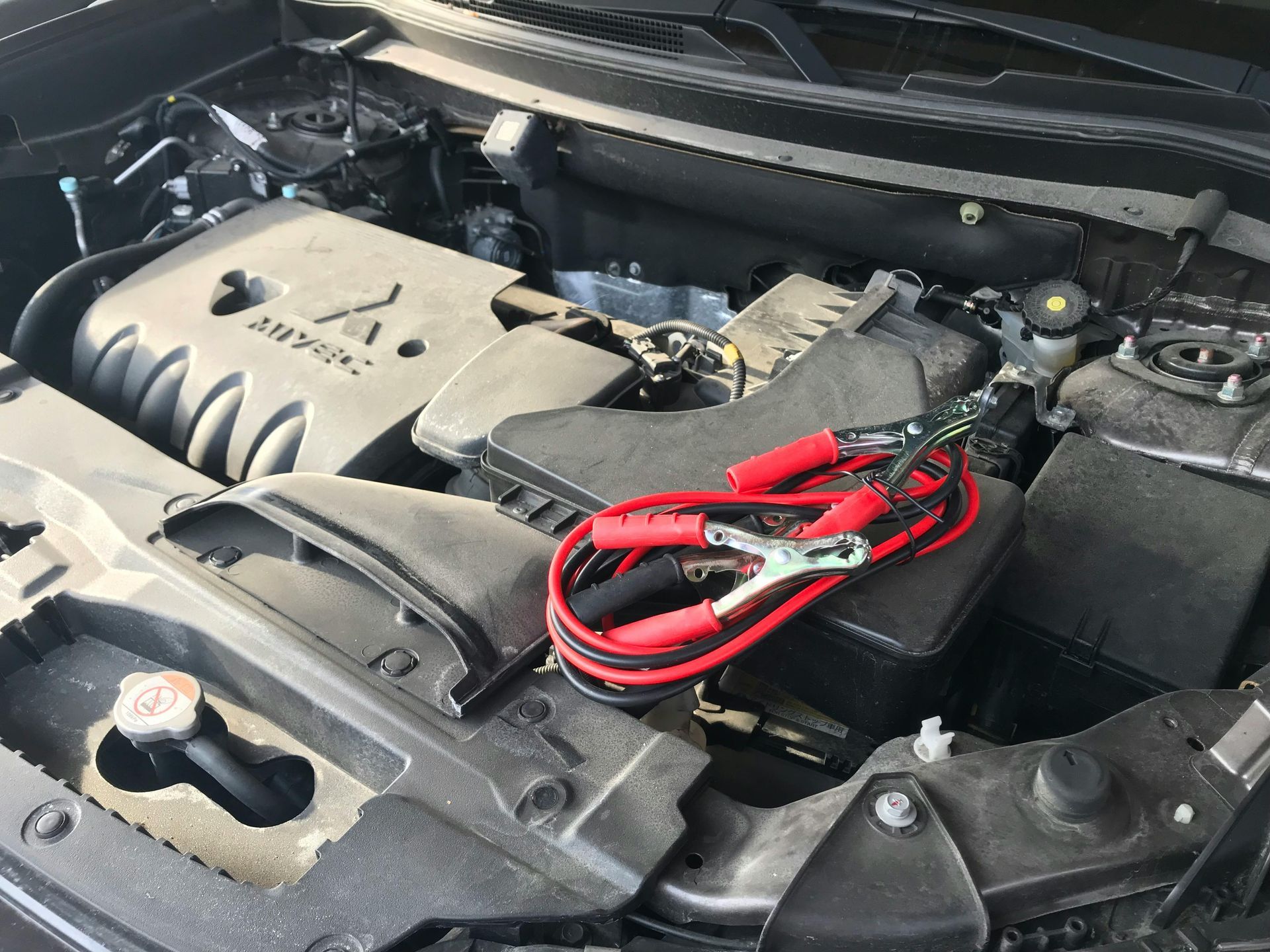Winter VS All Season Tires
How to tell which tires are correct for you

Winter Tires vs. All-Season Tires: Which One Should You Choose?
As the temperatures drop and winter weather approaches, many drivers face a crucial decision: should you invest in winter tires or stick with all-season tires? Understanding the differences between these two types of tires can help you make an informed choice that enhances your safety and driving experience during the colder months.
Understanding Tire Types
All-Season Tires
All-season tires are designed to perform well in a variety of conditions, including light snow and rain. They offer a balanced performance, combining elements of both summer and winter tires. All-season tires are a popular choice for drivers who live in regions with mild winters and who don’t experience extreme weather conditions.
Pros:
- Versatile for various weather conditions.
- Longer tread life compared to winter tires.
- No need to change tires seasonally.
Cons:
- Limited traction on ice and deep snow.
- Less effective in extreme winter conditions.
- May harden in cold temperatures, reducing grip.
Winter Tires
Winter tires, also known as snow tires, are specifically designed for harsh winter conditions. They are made from a softer rubber compound that remains flexible in low temperatures, providing better grip on icy or snowy roads. The tread patterns on winter tires feature deeper grooves and unique designs to enhance traction and improve handling.
Pros:
- Superior traction on snow and ice.
- Enhanced braking performance in winter conditions.
- Better handling and stability in cold temperatures.
Cons:
- Shorter tread life, especially if used in warmer months.
- Not suitable for warm weather; may wear out quickly.
- Seasonal change required, which can be inconvenient.
Performance in Winter Conditions
When the temperature drops below 7°C (about 45°F), the performance of all-season tires begins to diminish. The rubber compounds in all-season tires can harden, reducing their grip on icy surfaces. In contrast, winter tires maintain flexibility, ensuring that they can grip the road effectively, whether it’s wet, icy, or covered in snow.
Traction and Control
Winter tires are equipped with specialized tread patterns that improve traction on slippery surfaces. The deeper grooves and additional biting edges along with help channel snow and slush away from the tire, providing better contact with the road. This results in shorter stopping distances and improved handling.
Cost Considerations
While winter tires can be more expensive upfront due to the need for a separate set of tires, they can ultimately save you money in the long run. Improved traction and handling can lead to fewer accidents and repairs, not to mention the peace of mind that comes with safer driving in winter conditions.
Additionally, all-season tires can wear out more quickly in harsh winter conditions, which may lead to premature replacement and increased long-term costs.
When to Make the Switch
If you live in an area that experiences severe winter weather—heavy snowfall, icy roads, and freezing temperatures—investing in winter tires is a wise decision. On the other hand, if you reside in a milder climate where snow is rare, all-season tires might be sufficient.
Conclusion
In the debate of winter tires vs. all-season tires, the choice ultimately comes down to your specific needs and driving conditions. For optimal safety and performance during the winter months, winter tires are the clear winner in severe conditions. However, for those who experience milder winters, all-season tires offer a practical, versatile solution. Investing in the right tires for the season can not only enhance your safety but also improve your overall driving experience. Whatever you decide, ensure you’re prepared for the winter ahead!


Follow us
Lariat Automotive
Services
Follow us
Lariat Automotive
5142 Rice Lake Rd, Duluth, MN 55803, United States of America
Mon - Fri 7:00 AM - 5:00 PM
© 2024 Business Name. All Rights Reserved | Website managed by Shopgenie












